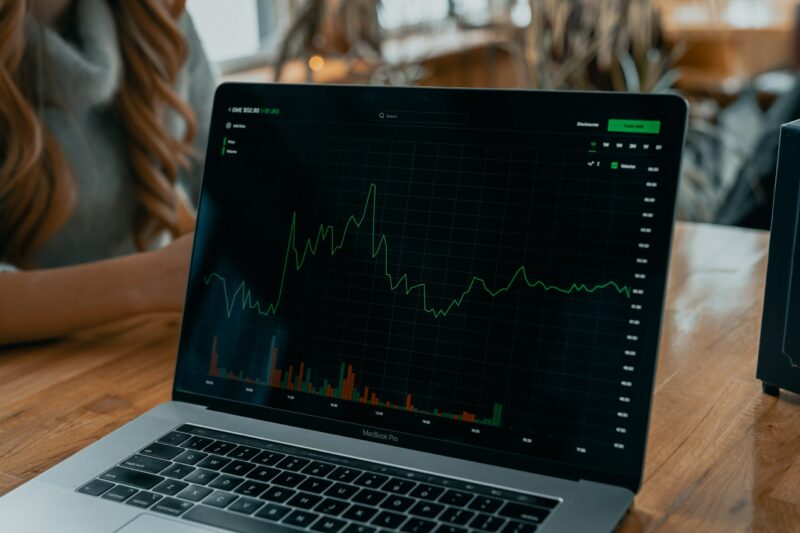In the rapidly evolving world of trading, aspiring investors often turn to simulated trading platforms, lured by the promise of risk-free practice. While these virtual environments offer invaluable opportunities to experiment and hone skills, they inherently fall short of replicating the unpredictable nature of real-world markets.
The tranquility of a screen that flickers with hypothetical profits can foster a false sense of security, masking the myriad emotional and psychological challenges encountered when actual money is at stake. Fear, greed, and the unpredictability of human behavior are only fully realized outside the comforting boundaries of simulation.
So, how can traders bridge this gap? What strategies can be employed to cultivate resilience and adaptability in the face of real market chaos? As we delve deeper into the limitations of simulated trading, we will explore practical approaches to prepare for the challenges that lie ahead, ensuring a smoother transition into the thrilling, yet tumultuous, world of actual trading.
Limitations of Simulated Trading

Real-World Challenges Not Addressed by Simulated Trading

Simulated trading environments often fail to replicate the high-stakes nature of real-life trading. In the virtual world, emotions are muted, risks feel negligible, and consequences seem distant.
An aspiring trader can diligently craft strategies and execute trades without the heart-pounding anxiety that comes when real money is on the line. Imagine facing the sudden volatility of a market crash or grappling with the stress of major economic news shifting prices in unpredictable ways.
There’s an inherent unpredictability to human behavior and market dynamics that simulations simply cannot capture. Real-world factors such as liquidity issues, slippage, and the impact of news events create a complexity that tests not only your strategy but also your emotional resilience.
Without experiencing these challenges firsthand, traders may find themselves ill-prepared when they step into the actual market—a daunting arena where every decision counts and the stakes are painfully palpable.
The Importance of Experience in Trading
Experience in trading is an invaluable asset, often shaping a traders intuition and decision-making in ways that simulated environments simply cannot replicate. While simulations offer a controlled backdrop to practice strategies, they lack the nuanced chaos of real-market dynamics—the sudden news flashes, the emotional weight of a losing trade, or the adrenaline surge when facing unexpected volatility.
Each transaction, regardless of success or failure, develops a trader’s psychological resilience and hones their ability to adapt on the fly. Its the difference between knowing the theory behind a swing trade and feeling the palpable tension when your capital is at stake in a live market.
Thus, traders who engage exclusively in simulated trading may find themselves unprepared for the challenges of real-life trading—where every decision carries immediate consequences, and every fleeting moment can lead to either triumph or disaster.
Conclusion

In conclusion, while simulated trading offers invaluable benefits for honing skills and understanding market dynamics, it falls short of replicating the psychological and emotional pressures faced in real trading situations. Traders may excel in virtual environments yet falter when confronted with the unpredictability of actual markets.
To bridge this gap, it is essential to complement simulated trading with strategies such as studying DOM charts and engaging in live market scenarios, even with small stakes. By integrating these methods, traders can cultivate a more holistic understanding of the market and develop the resilience needed to navigate its complexities successfully.
Ultimately, a balanced approach combining simulation and real-world experience will equip traders with the tools they need to thrive in a challenging trading landscape.


